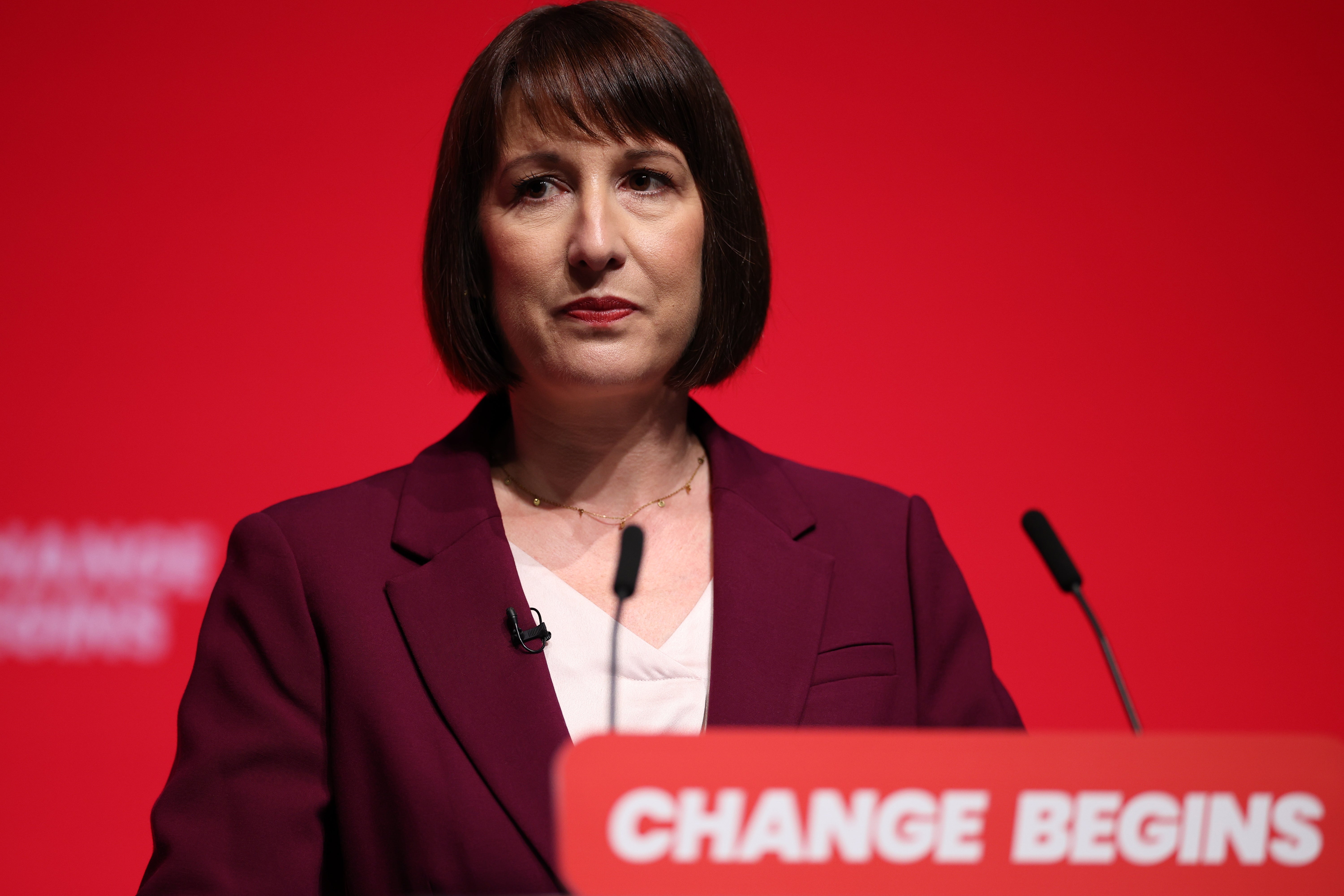What is non-dom tax status and is Labour still going to change it?
Labour has said they will scrap the controversial tax loophole for people living in the UK

Your support helps us to tell the story
From reproductive rights to climate change to Big Tech, The Independent is on the ground when the story is developing. Whether it's investigating the financials of Elon Musk's pro-Trump PAC or producing our latest documentary, 'The A Word', which shines a light on the American women fighting for reproductive rights, we know how important it is to parse out the facts from the messaging.
At such a critical moment in US history, we need reporters on the ground. Your donation allows us to keep sending journalists to speak to both sides of the story.
The Independent is trusted by Americans across the entire political spectrum. And unlike many other quality news outlets, we choose not to lock Americans out of our reporting and analysis with paywalls. We believe quality journalism should be available to everyone, paid for by those who can afford it.
Your support makes all the difference.Labour’s flagship non-dom tax policy could reportedly be watered down experts say, as some economists predict that the measure would fail to raise the predicted funds.
Announced before the election, Rachel Reeves presented the party’s scrapping of the controversial “non-domiciled” tax status as a cornerstone policy, designed to raise around £1bn in the first year.
Although the Conservatives had also made plans to axe the tax status, Labour’s vision was to go further and faster with the change. The party’s manifesto said the status would be abolished “once and for all” with funds going towards policies like increased NHS appointments and free primary school breakfast clubs.

Research from the London School of Economics (LSE) found that scrapping the special exception could raise the government over £3.2bn a year. Their forecast predicts that just 0.3 per cent of people with non-dom status would leave the country in this scenario.
However, Treasury officials are reportedly fearful that Office for Budget Responsibility (OBR) estimates will suggest otherwise, and that the policy could fail to raise any money due to non-domiciled individuals leaving the UK in response.
The spending watchdog’s initial analysis matched the LSE findings but clarified that the impact of wealthy people leaving the country or otherwise avoiding the changes was “highly uncertain”.
Some experts predicted such an issue may arise when Ms Reeves announced the non-dom policy, such as the respected Institute for Fiscal Studies which warned the then-shadow chancellor to “tread carefully.” The research group pointed out that there are around 37,000 people claiming the non-dom tax exception in the UK, still paying a collective £6bn in UK taxes.
Any major change, they argue, could see many of them leave the country – taking this revenue with them.
Coming into government, Ms Reeves empowered the OBR by enshrining in law that every fiscal event would be subject to an independent forecast by the watchdog. If this analysis finds that the policy could actually cost the Treasury money, it is likely the chancellor would not go through with it, adding billions to Labour’s budgetary hole.
Here, we take a look at everything you need to know about the non-dom status:
What is ‘non-dom’ tax status?
First introduced in 1799, and refined over the years, the UK’s “non-domiciled” tax regime has come under scrutiny in recent years.
A “non-domiciled individual” is a person who lives in the UK but is not settled here permanently. They will only pay UK tax on money made in the country, and can avoid paying it on their foreign income if they opt to claim the “remittance basis”.
This allows wealthy individuals living in the UK to elect the lower-tax country as their domicile, making for major savings.
There are two ways you can claim this status. Firstly, if you weren’t born in the UK, or your father came from a different country. The only other way is if you are over 16 and choose to leave the UK to live elsewhere permanently.
If you are a non-dom and choose not to pay UK tax on your overseas earnings, you must pay:
- £30,000, if you’ve been in the UK for at least seven of the past nine tax years
- £60,000 if you’ve been here for at least 12 of the past 14 tax years
You can no longer claim non-dom status after you have lived in the UK for 15 of the previous 20 years.
Non-doms that don’t claim the remittance basis will simply pay UK tax on their foreign income (over £2,000).
Several other countries similarly operate a tax system with special rights for non-dom individuals.
Other countries with a special "non-dom” tax system
It’s not just the UK
- Belgium
- Cyprus
- Portugal
- Ireland
- Italy
- Malta
- The Netherlands
- Switzerland
How many people with non-dom status live in the UK?
In April 2023, there were 68,800 non-doms living in the UK, with an estimated 37,000 claiming the special ‘remittance basis’ tax status.
The issues around people with non-dom tax status came under the spotlight when The Independent revealed that Rishi Sunak’s wife Akshata Murty dodged millions in UK tax by taking advantage of the loophole.
Ms Murty remains a non-domiciled individual as a citizen of India. However, following the revelations of her tax arrangements, Ms Murty opted to begin paying UK tax on all her worldwide income in future and for the 2021/22 financial year.

Mr Sunak’s wife issued a statement at the time, accepting that her tax status was not “compatible” with Mr Sunak’s political role, and that she appreciates the “British sense of fairness”.
It was estimated she dodged up to £20m in UK tax over several years on her dividends from Indian IT firm Infosys, founded by her father.
Conservative peer Zac Goldsmith held non-dom tax status until becoming an MP in 2009, when he relinquished it under media and political pressure. He inherited the status from his father.
Other famous non-doms have included: oligarch and former owner of Chelsea football club Roman Abramovich, media mogul Viscount Rothermere, and AstraZeneca CEO Pascal Soriot.
Join our commenting forum
Join thought-provoking conversations, follow other Independent readers and see their replies
Comments